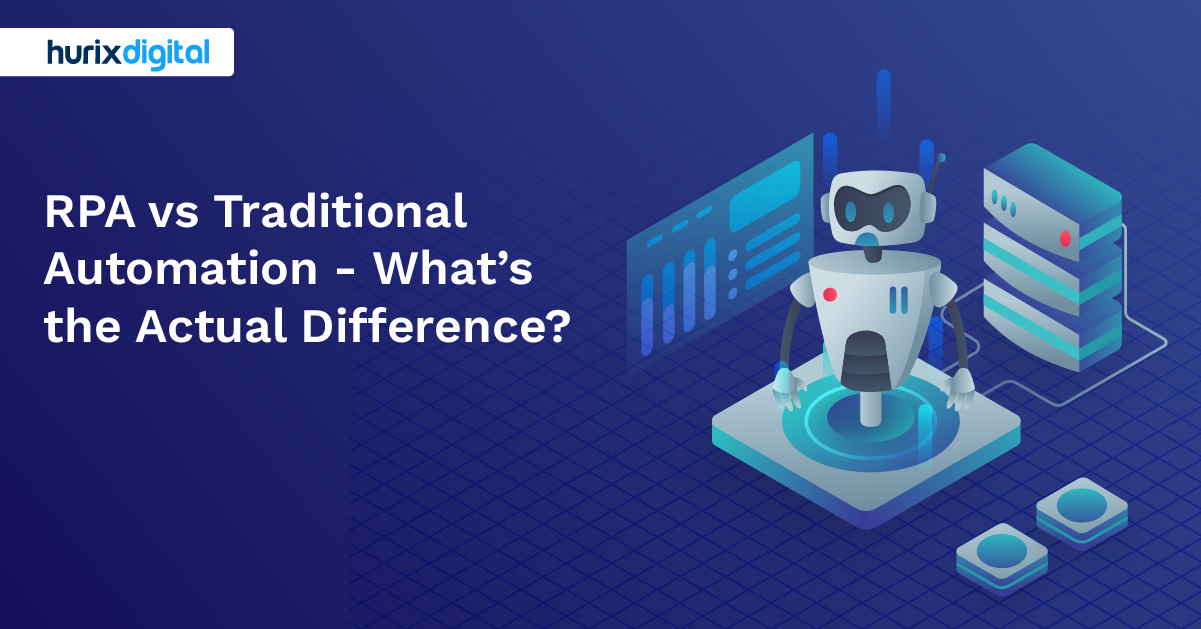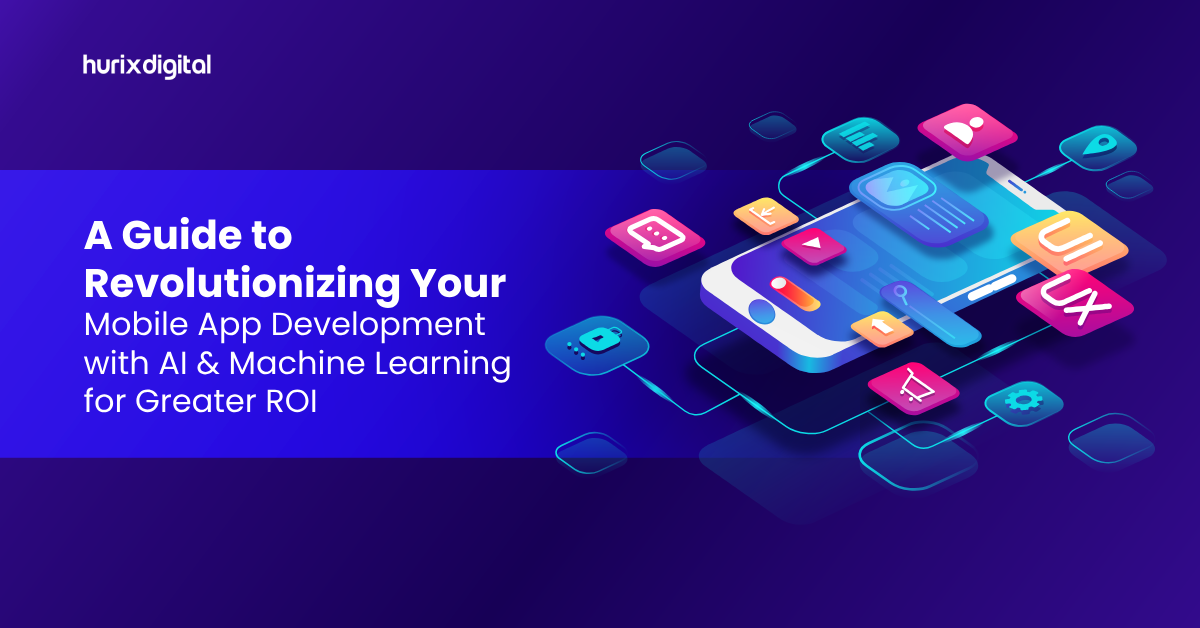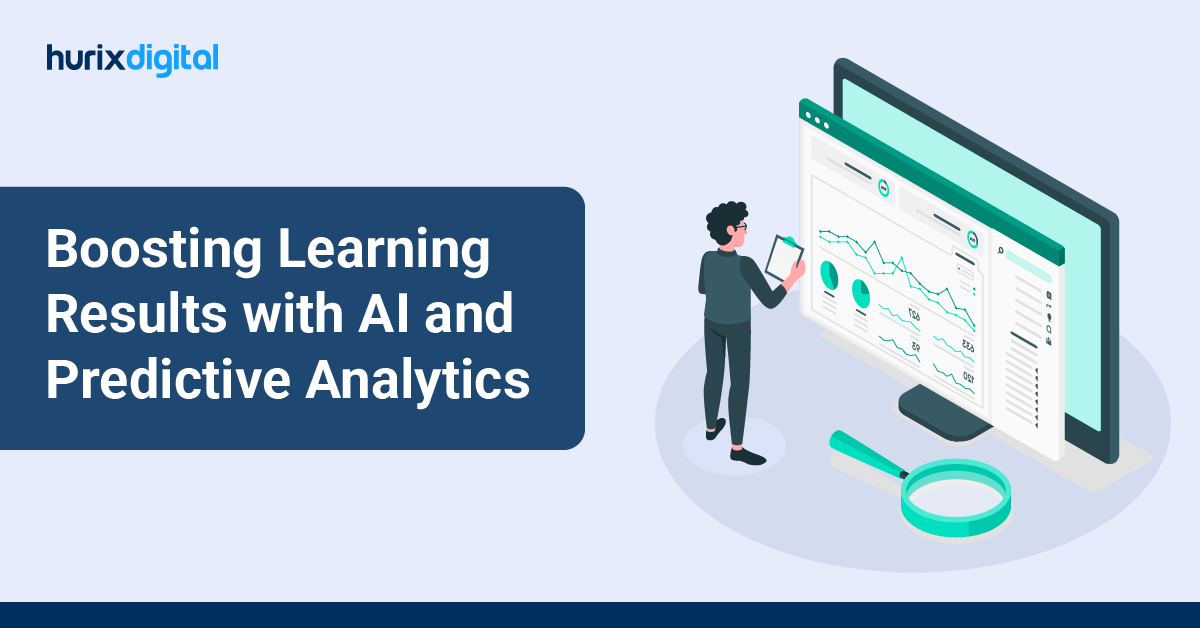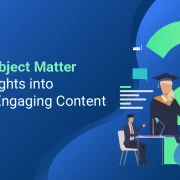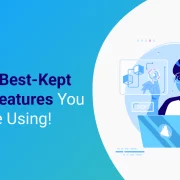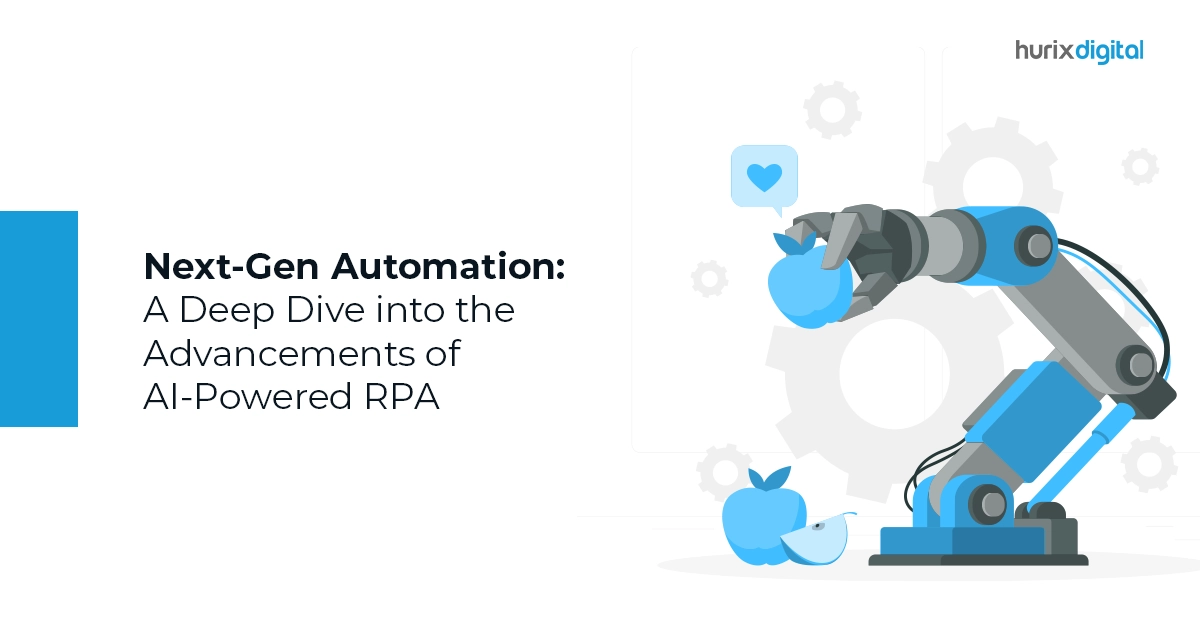
Next-Gen Automation: A Deep Dive into the Advancements of AI-Powered RPA
Summary
This report provides a deep dive into the future of business process automation by exploring the integration of RPA and artificial intelligence.
Automation is no longer a buzzword but a reality for many businesses across various industries. By 2028, the Robotic Process Automation Market is expected to reach USD 11.37 billion at a CAGR of 29.70% from USD 3.10 billion in 2023.
RPA uses software robots or digital workers to perform repetitive, rule-based tasks, such as data entry, invoice processing, customer service, etc. It can help businesses improve efficiency, accuracy, compliance, and scalability while reducing costs and human errors.
However, RPA alone is not enough to cope with the increasing complexity and variability of business processes, especially in the era of digital transformation. That’s where artificial intelligence (AI) comes in.
AI is a branch of computer science that aims to create machines or systems that can perform tasks that normally require human intelligence, such as reasoning, learning, decision-making, natural language processing, computer vision, etc. By combining RPA and AI, businesses can create AI-powered RPA, a new level of automation that can handle not only structured but also unstructured and dynamic data and tasks.
Table of Contents:
- What Is AI-Powered RPA?
- How AI-Powered RPA is Advancing Business Process Automation Technology?
- What are the Benefits of AI-Powered RPA for Businesses?
- What are the Challenges and Risks of AI-Powered RPA?
- Conclusion
What Is AI-Powered RPA?
AI-powered RPA is a form of intelligent automation that leverages the capabilities of both RPA and AI to automate complex, cognitive, and creative tasks that require human-like intelligence and judgment.
It can be seen as the future of RPA, where AI technologies, such as machine learning, natural language processing, computer vision, etc., are integrated with RPA platforms to enhance the functionality and performance of software robots.
AI-powered RPA can be classified into two types, depending on the degree of AI integration:
- Assisted RPA: This augments the capabilities of software robots but still requires human intervention and supervision for some tasks.
For example, a software robot can use natural language processing to extract information from an email but still needs a human to validate and approve the extracted data. - Autonomous RPA: This enables software robots to perform tasks independently without any human involvement or oversight.
For example, a software robot can use machine learning to analyze customer feedback and then take appropriate actions based on the analysis, such as sending a thank you note, issuing a refund, or escalating a complaint.
How AI-Powered RPA is Advancing Business Process Automation Technology?
Some of the ways AI-powered RPA is advancing business process automation technology are:
1. Expanding the Scope of Automation
AI-powered RPA can automate tasks that involve unstructured data, such as text, images, audio, video, etc. Traditional RPA cannot automate tasks that require cognitive skills, such as understanding, reasoning, decision-making, etc., which AI-powered RPA can.
For example, AI-powered RPA can automate the process of reviewing legal contracts by using natural language processing to extract key terms and clauses and machine learning to compare them with standard templates and flag any discrepancies or risks.
2. Improving the Quality and Accuracy of Automation
In AI-powered RPA, errors and exceptions can be reduced by using artificial intelligence to validate, verify, and fix the data and tasks that are processed by software robots.
By using machine learning to detect anomalies, identify bottlenecks, and suggest improvements, AI-powered RPA can also be used to monitor, audit, and optimize software robot performance and efficiency. For example, AI-powered RPA can automate the process of invoice processing by using computer vision to scan and digitize the invoices.
3. Enhancing the Customer and Employee Experiences
AI-powered RPA can improve customer and employee satisfaction and loyalty by using AI to personalize, customize, and humanize the interactions and services that are delivered by software robots.
For example, AI-powered RPA can automate the process of customer service by using natural language processing to understand customer queries and natural language generation to deliver the responses in a conversational and empathetic tone.
Also Read: Revolutionizing Efficiency: The Impact of AI-Powered Workflow Automation on Business Processes
What are the Benefits of AI-Powered RPA for Businesses?
ROI automation can provide many benefits for businesses, such as:
1. Increased Productivity and Efficiency
RPA powered by artificial intelligence can help businesses automate more tasks faster and more effectively, freeing up human employees from mundane and repetitive tasks and allowing them to devote more time to strategic and creative tasks.
Additionally, AI-powered RPA can streamline and optimize workflows and eliminate redundancy and waste.
2. Reduced Costs and Risks
By reducing labor and operational costs associated with automation, as well as increasing automation’s scalability and flexibility, AI-powered RPA can help businesses save money and resources.
By utilizing AI to ensure the quality and accuracy of automation, as well as to monitor and control the software robots, AI-powered RPA can also help businesses mitigate the risks and challenges associated with automation, like errors, exceptions, compliance, and security.
3. Improved Customer and Employee Satisfaction
The use of AI-powered RPA can help businesses enhance customer and employee experiences by providing more personalized, customized, and humanized services and interactions and by providing more value and outcomes.
AI-powered RPA can also help businesses increase customer and employee engagement and retention by using AI to empower and assist customers and employees. It enables them to collaborate and communicate with software robots naturally and intuitively.
What are the Challenges and Risks of AI-Powered RPA?
AI-Powered Robotic Process Automation is not without its challenges and risks, such as:
1. Technical Complexity and Integration
To design, develop, deploy, and maintain the software robots and AI models that power AI-powered RPA, a high level of technical expertise and resources is needed.
Hence, their performance and functionality may be affected by issues such as compatibility, interoperability, scalability, reliability, etc.
2. Data Quality and Availability
For AI-powered RPA to work, data must be of high quality and available for training, testing, and running the AI models that enable software robots to perform the tasks.
This presents several challenges that can affect the accuracy and validity of AI models and software robots, including data scarcity, inconsistency, bias, data privacy, and data security.
3. Ethical and Social Implications
In addition to the ethical and social implications of AI-powered RPA, there may also be implications for human workers, customers, and society as a whole. Software robots and AI models, along with the decisions and actions they take, may raise questions about accountability, transparency, explainability, fairness, trust, etc. when used in RPA.
It is also possible for AI-powered RPA to affect employment, skills, roles, and responsibilities of human workers, as well as the expectations, preferences, and behaviors of customers and society at large.
Also Read: How Intelligent Automation (RPA+AI) will Revolutionize Business Processes?
Conclusion
AI-powered RPA technology is the next-gen automation technology that can help businesses automate their processes, enhance their customer experiences, and achieve their digital transformation goals. It can provide many benefits for businesses, such as increased productivity, reduced costs, and improved satisfaction.
However, AI-powered RPA also comes with some challenges and risks, such as technical complexity, data quality, and ethical implications, that need to be addressed and managed.
If you are looking for a partner who can help you implement AI-powered RPA solutions for your business needs, look no further than Hurix Digital. Hurix Digital is a trusted and experienced provider of digital transformation and learning solutions that can help you design, develop, deploy, and manage your AI-powered RPA solutions and train and empower your human workers.
Contact us today to find out how we can help you take your business to the next level with AI-powered RPA.

SVP & Head – Hurix Technology Solutions
Global Delivery head with 25 years of working experience in NYC investment banks and fintech companies. Hands-on technology delivery management and program management, accountable for stakeholder relationships, Strategic roadmap, P&L, Revenue growth, Account Management, and employee satisfaction.

